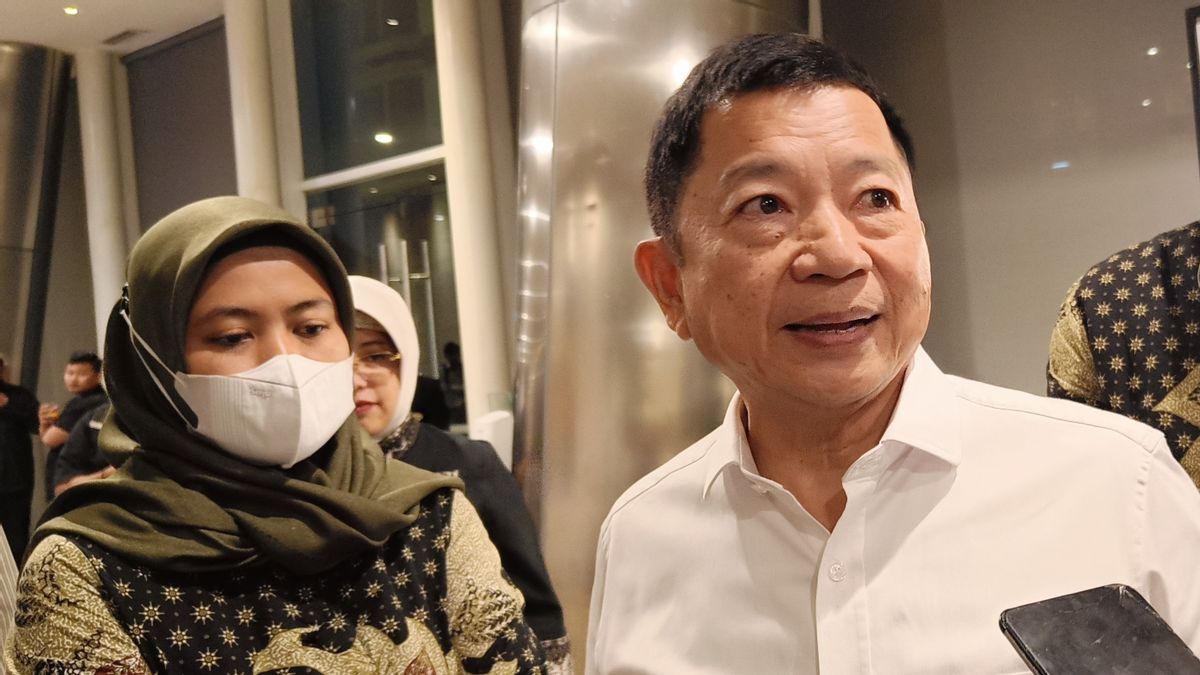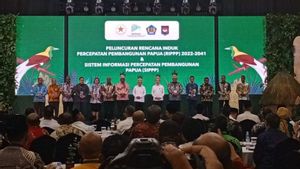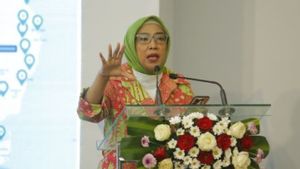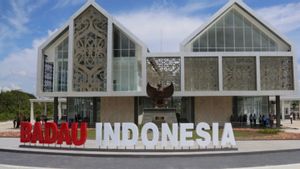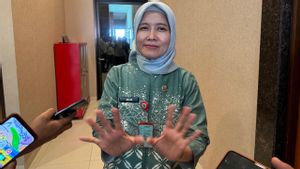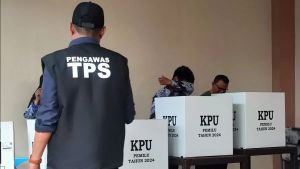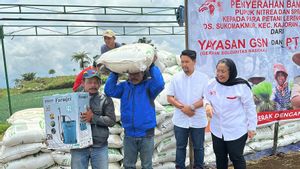JAKARTA - The government translates the vision of the Realization of Independent, Fair, and Prosperous Papua contained in the 2022-2024 Papuan Development Acceleration Master Plan (RIPPP) into three types of development planning.
"First, provide quality and equitable health services, as well as cultivate healthy and clean living in the community to Healthy Papua," said Minister of National Development Planning/Head of the National Development Planning Agency (PPN/Bappenas) Suharso Monoarfa as reported by ANTARA, Friday, June 7.
Thus, he said, it is hoped that the stunting prevalence rate will decrease to below 10 percent in 2041, life expectancy will increase, and all districts/cities will achieve malaria elimination.
Second, providing quality education services to form superior, creative, innovative, characteristic, and able to work together towards Smart Papua.
Thus, the long hopes of schools in Papua in 2041 are targeted to reach 15-16 years.
Finally, increasing competence, creativity, and innovation in the development of competitive local economic potential towards Productive Papua.
In this mission, it is hoped that the poverty rate and the open unemployment rate can fall to 5.8-2.82 percent and 4.11-1.73 percent in 2041, respectively.
In addition, there are four main prerequisites in carrying out these three missions to achieve the Papuan development targets.
The first is basic infrastructure and connectivity that supports increasing access to basic service centers, economic driving centers, as well as intra and inter-regional connectivity.
The second is the environment in realizing sustainable development, paying attention to carrying capacity (supporting power) for the region, climate security, and disaster risk.
SEE ALSO:
The third prerequisite regarding development governance is to strengthen the implementation of special autonomy, maintain security and order, and accelerate the operation of new autonomous areas.
Finally, it is necessary to protect and recognize indigenous law communities on customary land, customary land, and customary forests, as well as the involvement of indigenous peoples, traditional leaders, religions, and women in development to ensure development in accordance with the contextual social culture.
"We call the four things a non-action sine qua (actions, conditions, or elements that are very necessary and important) that must be fulfilled," said Suharso as well.
The English, Chinese, Japanese, Arabic, and French versions are automatically generated by the AI. So there may still be inaccuracies in translating, please always see Indonesian as our main language. (system supported by DigitalSiber.id)
